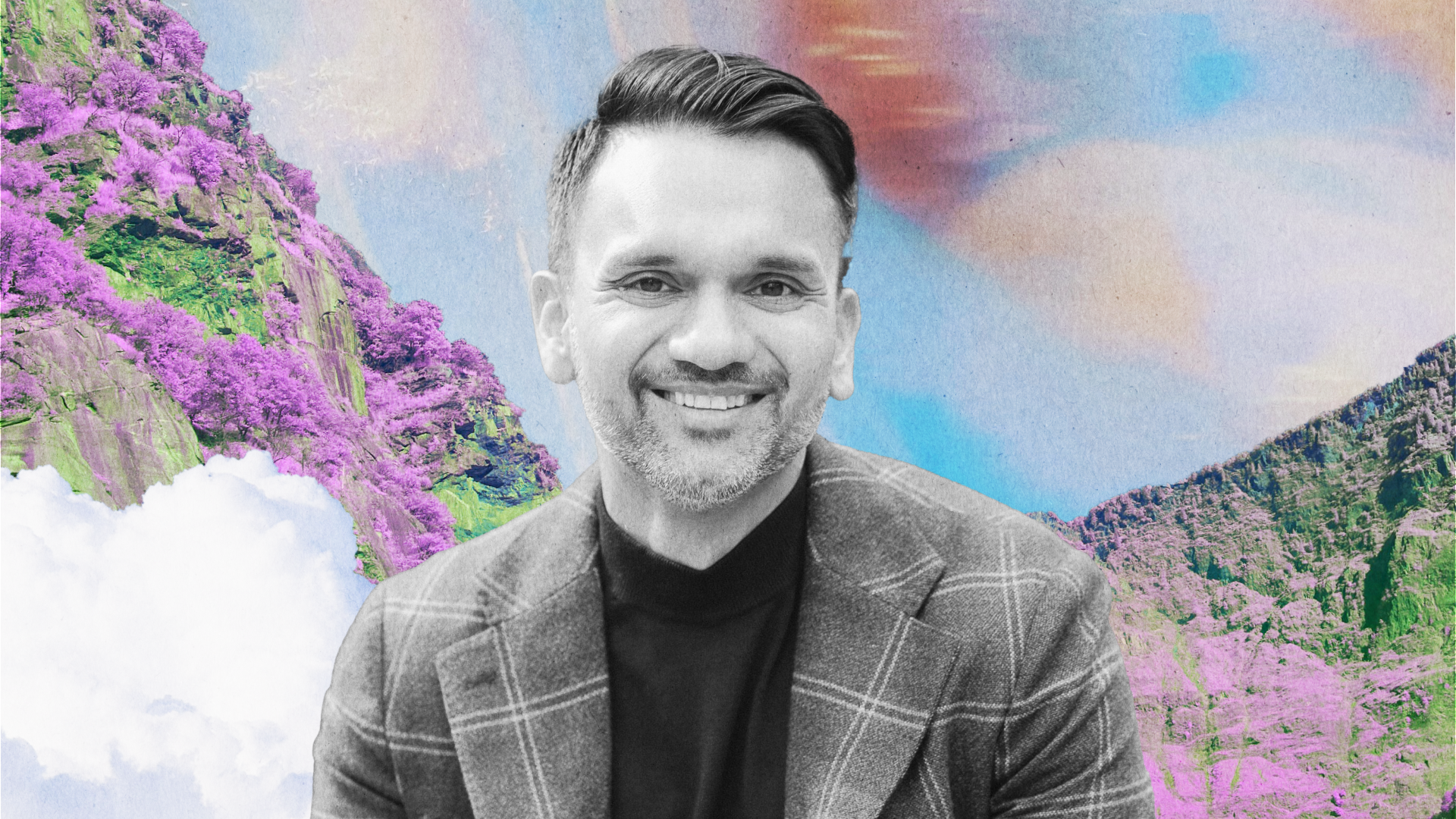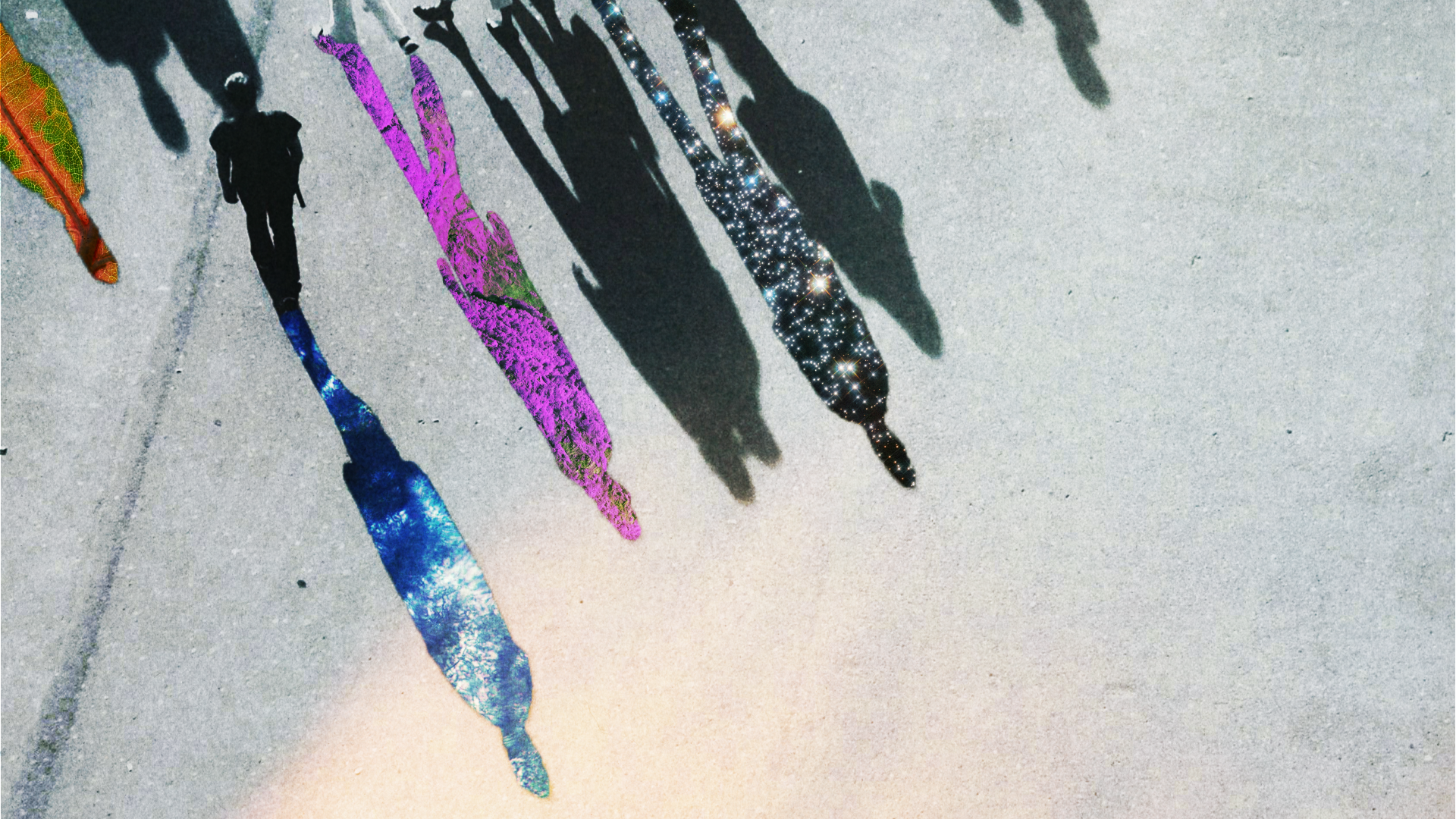Help! I’m Biased Against Trump Voters.

If you’re ethical, compassionate, conscientious, and fair-minded, you’d probably be reluctant to admit that you have biases. But we all do; biases have served an evolutionary purpose, allowing the brain to make shortcuts and learn via shared knowledge and generalization. The prospect of combing your mind for these little blips in thinking and reasoning—some conscious, others not—is no doubt uncomfortable and daunting. But it’s critical work that needs to be done if we want to live in a fairer world.
Last week, the House hosted an Open House with Anu Gupta, author of the bestselling new book Breaking Bias. Anu has spent more than a decade studying systemic racism and its internalization. His dedication to unraveling bias stems from a powerful personal story. Born in India, Anu immigrated to the U.S. when he was 10 years old and had trouble fitting into his Brooklyn community.
“Because I’m brown, some were calling me a terrorist. Because I’m queer, I was perceived as less worthy. No one could ever pronounce my name. People weren’t truly seeing me. They were seeing ideas of me,” Anu told us. “Whenever I would share experiences that I had had with bias—homophobia, Islamophobia, racism—I would be told that I was exaggerating, that these things don’t really happen. This lit a match of self-loathing.”
Feeling as if there was something wrong with his very being, Anu found himself on the ledge of his 18th-floor window. Then, in what he describes as a moment of grace, instead of falling forward, Anu fell back.
“I immediately called a friend. She showed up in my apartment, talked to me for hours and hours. That’s when my bias-breaking journey began,” he said. “I began to see that there are all these ideas, these biases about what I represent in the world. That’s not who I am, actually. I began to see that bias is a learned habit that distorts how we perceive and reason. And this is what was happening to me. People were perceiving me a certain way and making decisions about me without my consent.”

Unraveling bias from the inside out
One of the most fascinating aspects of our conversation with Anu was his readiness to accept that there’s a hazy line between our biases and our judgements. Insofar as judgments are manifestations of our ethical engagement with the world, we may well feel they are integral to our values and morals. Anu wants to allow for that complexity; for him a judgment becomes a bias when it automatically presupposes something based on someone’s biological, experiential, or social identity. When, on the other hand, a judgment feels legitimized by our own ethical convictions—for example, claiming that you could never respect a misogynist—Anu still cautions that we don’t equate the entire person with their thoughts or beliefs. He draws on the thinking of his former NYU law professor Bryan Stevenson, who has been vociferous on the topic of criminal justice reform. Stevenson asks that we must always consider what has brought a person to a desperate and unconscionable extreme, whether it be a heinous crime or a despicable belief, and try to understand its source.
“The opportunity is not to get rid of our perceptions—but to become intimate with them,” Anu says.
Anu insists that self-awareness and forgiveness are an important part of the breaking-bias process. He wants us to create space between our knee-jerk reactions and the choices and opinions we form from there. How? By looking at the world through a different lens—or, rather, a different prism.
PRISM is an acronym that Anu created as a framework for de-biasing your engagement with the world. It brings together five interwoven practices: Perspective-Taking, Prosocial Behavior, Individuation, Stereotype Replacement, and Mindfulness. Developed by Anu after a decade of studying systemic racism, this framework builds on the science of neuroplasticity—the brain’s ability to rewire itself by developing new habits.
PRISM

Sampling bias meets cognitive bias in the U.S. election
With November 5th looming, everyone is talking about polls, debating numbers and variables to the tenth of a percentage point. The Atlantic ran an article this week on the near impossibility of eliminating bias from polls. There are two major reasons for this. One is the difficulty in creating an unbiased sample pool. It turns out that opening a phone book and randomly selecting 1,000 people—a process that would seem to eradicate bias—doesn’t actually work because some people choose to be unlisted, and those people share certain demographic qualities. The upshot is that the sample overstates the views of the listed group.
Then social-desirability bias, the tendency to say what we assume people want to hear in lieu of the truth, further skews results. In politics, a version of this phenomenon is called the Bradley Effect, named after African-American gubernatorial candidate Bill Bradley. The Bradley Effect is specifically about race; it’s a theory concerning observed discrepancies between voter opinion polls and election outcomes when a white candidate and a non-white candidate run against each other. In 1982, Bradley was widely expected to win the California election, but the polls had been misleading. A similar scenario played out in the 1989 Virginia gubernatorial election, where African-American candidate L. Douglas Wilder was significantly ahead in the polls only to lose to white Republican Marshall Coleman. You could say the Bradley Effect is a conflation of two distinct forms of bias: information bias, which is a distortion in the measure of association between a variable and its impact, and the cognitive bias of social desirability.
The Bradley effect didn’t impact Obama’s wins in 2008 and 2012, but Kamala Harris will also be contending with the Hillary Clinton effect—voter reluctance to vote for a woman. It’s impossible to predict how much either phenomenon will impact results. In The New York Times last week, Nate Silver summarized a range of biases than can change election outcomes, from recency bias, which works in Trump’s favor, to nonresponse bias, which skews the polls by over-representing those who choose to participate in them. With all eyes focused on next Tuesday, and the inevitable recounts and litigation that will take place over the following week, let’s hope that some U.S. constituents take a crash course in PRISM over the weekend and shake off their biases like bad memories.

Open House: Breaking Bias

The Weird, Eccentric Power of Periphery

Shock and Awe


